NSW Treasurer threatens to delay major federal funding agreements
NSW Treasurer Daniel Mookhey has renewed his attack on this year’s ‘absurd’ GST allocation, which he says will cost $11.9bn over four years and ‘almost certainly’ its AAA credit rating.
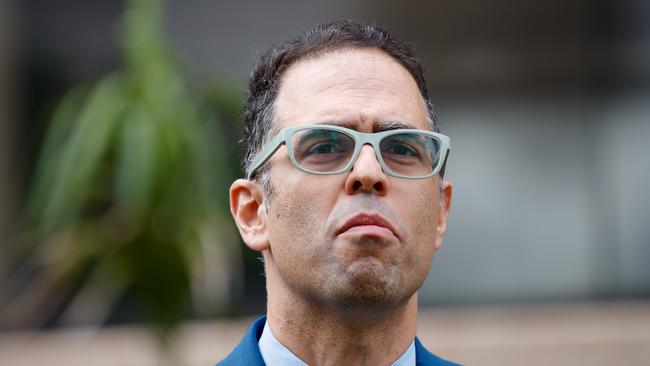
NSW has threatened to delay major school and hospital funding agreements with the Albanese government until after the June budget, with Treasurer Daniel Mookhey blaming this year’s “absurd” GST allocation that he says will cost $11.9bn over four years and “almost certainly” lead to the state losing its coveted AAA credit rating.
Anthony Albanese in December thought he had won the states’ support in shouldering a larger share of the NDIS burden when he gifted premiers and chief ministers more than $10.5bn in GST top-ups and tens of billions of dollars extra for healthcare in exchange for doubling the annual increase in state and territory funding for the disability scheme from 2028.
Just weeks out from the federal budget, Mr Mookhey in a speech to the McKell Institute on Monday will say that this support can no longer be guaranteed.
“You should expect us to take our time finalising the key agreements we have with the commonwealth,” he will say.
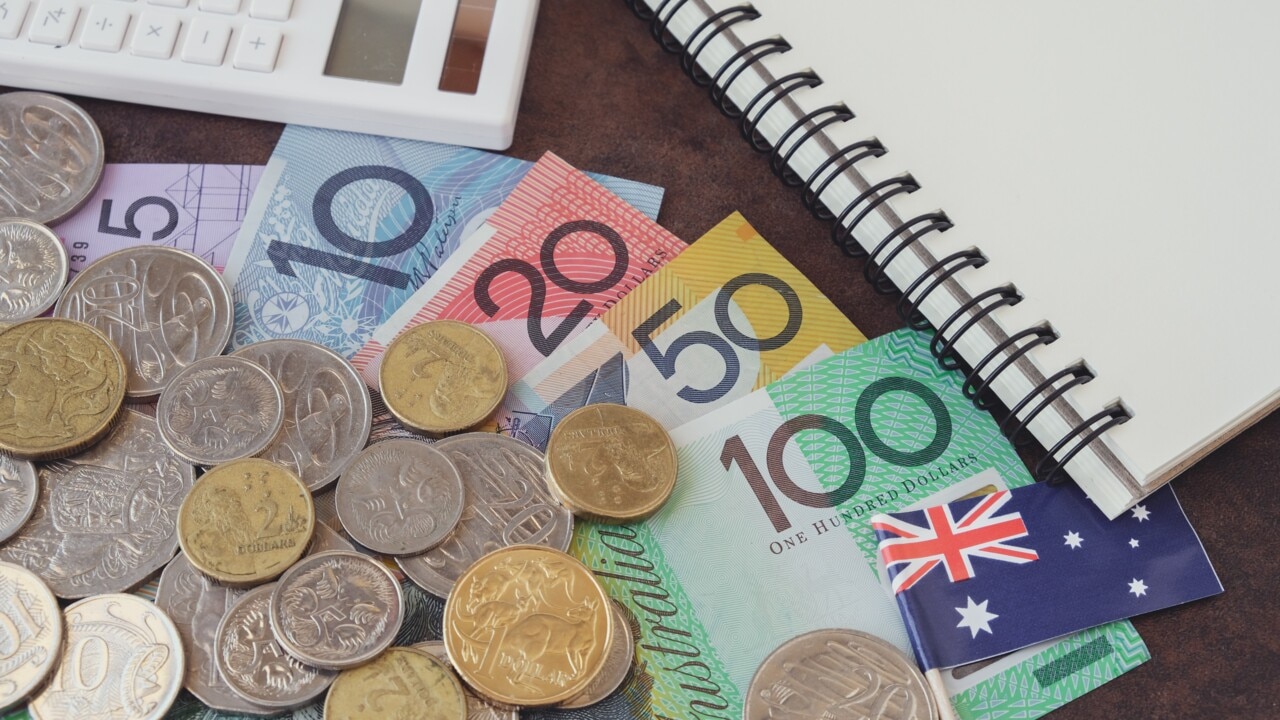
“I’m talking about agreements like the one that funds our public hospitals. Or the agreement that funds our public schools.
“So much rides on them, so getting them done right is more important than getting them done quick. If that means waiting until after the budget before we strike an agreement, then we will wait until after the budget.”
NSW earlier this year discovered its GST funding would be cut in 2024-25 by $188m versus the previous financial year after the state – alongside Queensland – reaped windfall royalties from a surge in thermal coal prices over the past couple of years.
The Prime Minister has tried to distance himself from the furore, saying the calculation was in the hands of an independent commission.
Jim Chalmers has said “states wanting even more money from the commonwealth is … pretty standard”.
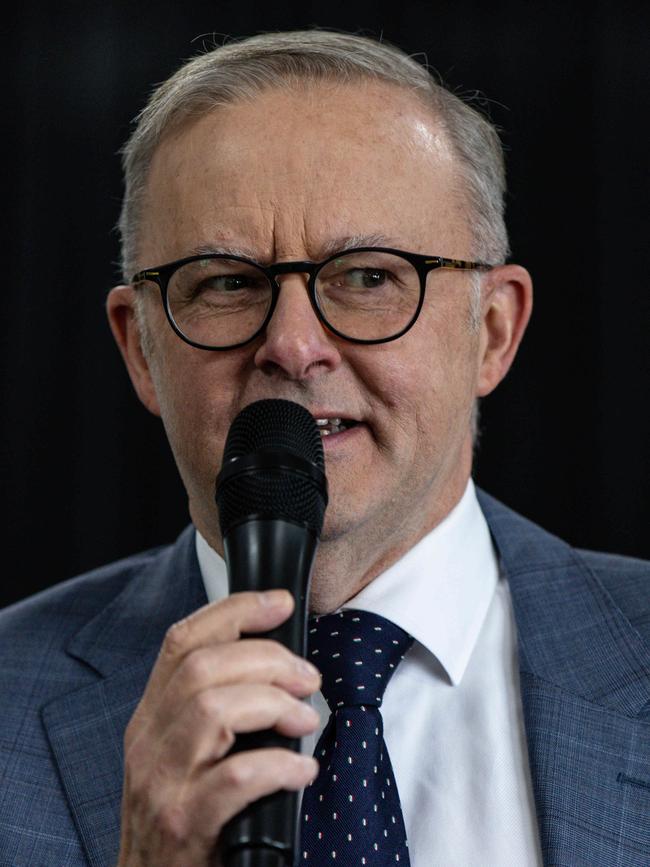
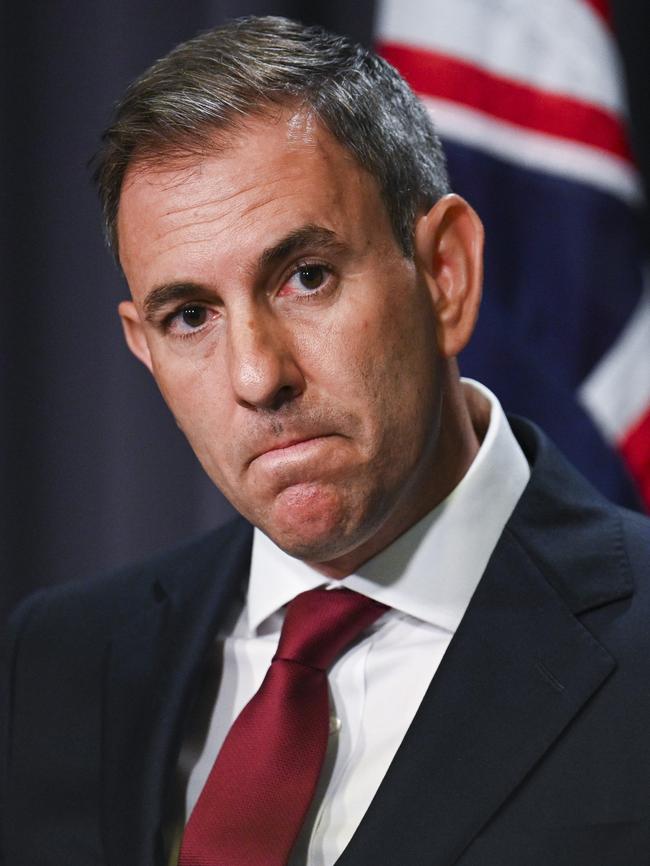
The GST revenue under the decision by the Commonwealth Grants Commission was much lower than had been assumed by a NSW Treasury, which under a relatively new Labor government is struggling to reduce costs and pay down debt in the wake of huge deficits from the Covid pandemic era.
Mr Mookhey will again call for an overhaul of the GST distribution formula to a more transparent per capita model that he says is fairer and will deliver more certainty to state governments.
The commonwealth could then make individual grants to smaller jurisdictions, such as Tasmania, to ensure they were still able to deliver relatively equal quality of government services as in the larger and wealthier states.
Mr Mookhey in his speech will say the June budget will “double-down on cutting the state’s level of gross debt”.
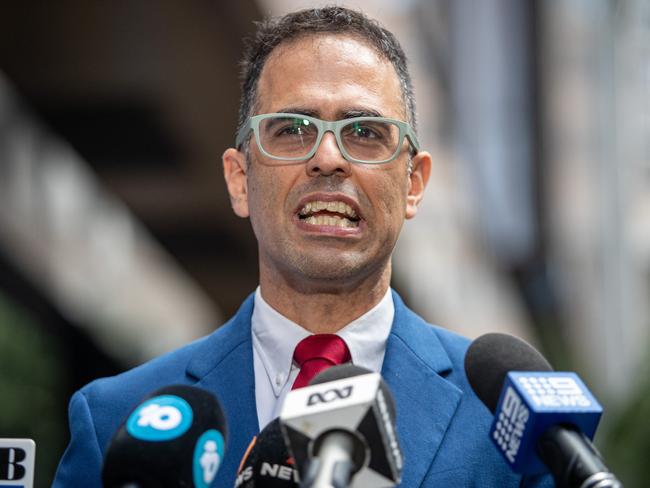
“Last year we found $13bn in savings in our first budget. It helped us hold on to the AAA credit rating. But the CGC $11.9bn GST rip-off sends us back to square one. It almost certainly will lead to a downgrade.”
Despite the fiscal challenges, Mr Mookhey will say the upcoming budget would not adopt austerity.
“So you are clear about where I stand, I think protecting family budgets takes precedence over the AAA credit rating,” he will say.
S&P Global Ratings analyst Anthony Walker told The Australian that “the loss of GST for NSW will likely slow the government’s fiscal recovery and make it harder to deliver its election commitments without weakening the fiscal outlook”.
The furore over the GST decision in March descended into an unedifying series of tit-for-tat insults between the winners from the latest deal – notably Victoria and Western Australia – and the aggrieved NSW.
Victorian Treasurer Tim Pallas labelled NSW Premier Chris Minns “a mathematically challenged tool” for claiming his state was not contributing its fair share, and WA Premier Roger Cook derided “whinging” east coast states.




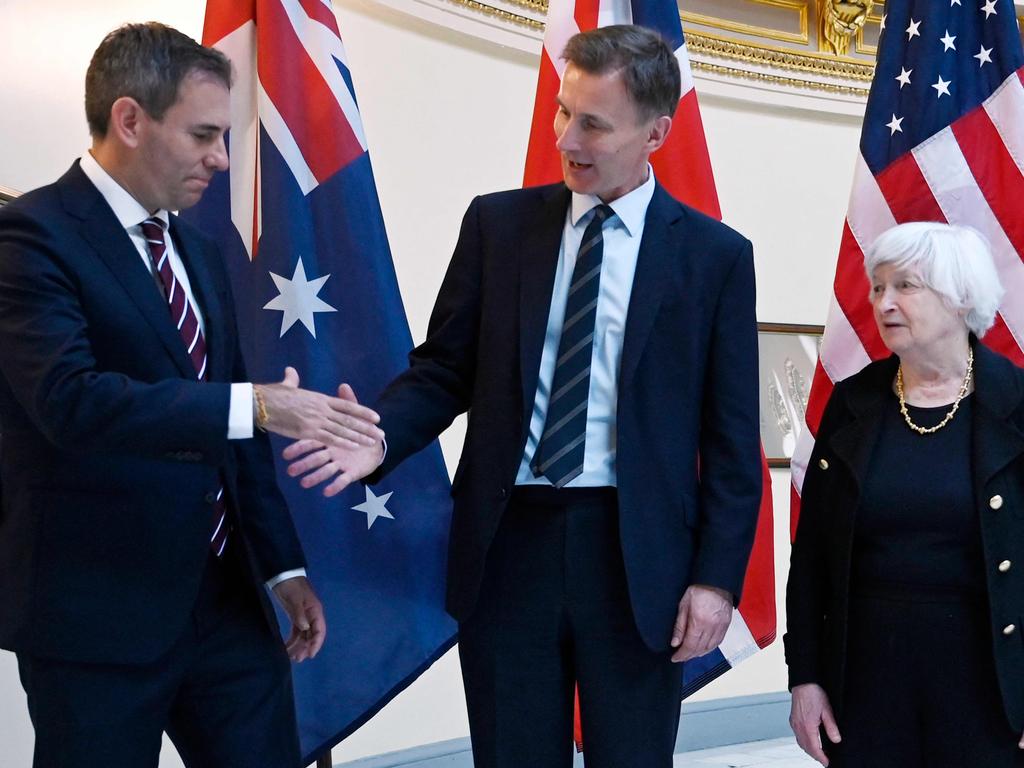


To join the conversation, please log in. Don't have an account? Register
Join the conversation, you are commenting as Logout